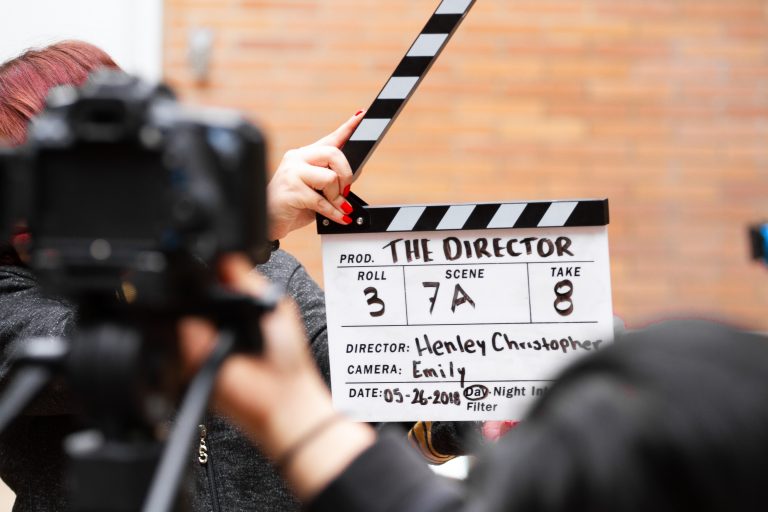Indian Child Welfare Act: SCOTUS Case Could be Devastating to Families
SCOTUS is set to hear a case regarding the Indian Child Welfare Act in early November. This case could affect the placement of Native children and contribute to their removal from their families and culture.
What Is The Indian Child Welfare Act?
The Indian Child Welfare Act was enacted in 1978 to help with the crisis surrounding Native American children. Congress passed the act to “protect the best interests of Indian children and promote the stability and security of Indian tribes and families.”
ICWA has been reevaluated by the government, both local and federal, over recent years. Once in 2013 under the SCOTUS case Adoptive Couple v. Baby Girl and again in 2022 with the future SCOTUS case Haaland v. Brackeen.
Why Is It Necessary?
ICWA helps protect Native children. A study by the 95th congress showed the alarming rates at which Native children were separated from their families despite relatives being available. This study found that 25-35% of Native children were removed from their homes, and 85% were placed outside their families and communities, even when relatives were fit and willing.
ICWA was created to help keep Native children within their families and communities as often as possible. However, despite their ambition, Native children are subject to out-of-home placements more frequently than the general population. Native children are also four times more likely to be removed from their families and placed in foster care than their White counterparts.
The Supreme Court has heard several cases surrounding ICWA, with another coming up in the fall, which could significantly impact Native Communities.
Haaland v. Brackeen
Haaland v. Brackeen is a pending SCOTUS case brought by Texas, previously Indiana and Louisiana, and several individual plaintiffs. They argue that ICWA is unconstitutional under the tenth amendment. The case will also decide whether individual plaintiffs will have the standing to challenge the placements of children under the ICWA.
April 6, 2021, the case was partially affirmed and reversed by the United States Court of Appeals for the 5th Circuit. On September 3, 2021, the case was appealed to the Supreme Court, and on February 28, 2022, the supreme court agreed to hear the case. Scotus will hear the oral arguments for the case on November 9, 2022.
What Could This Mean?
The SCOTUS ruling of this case could impact the Native children in the foster care system and those entering the system in the future. The challenge of the act via the tenth amendment is that it also could have an impact on tribal sovereignty.
Before the act, Native children were being removed from their homes and cultures at an alarming rate compared to other groups, which the act helped rectify. If ICWA is repealed the current rate at which Native children are removed from their homes could increase dramatically. Haaland v. Brackeen could cause many Native children to be removed from their families and culture, which has been shown to cause lifelong trauma.
What Can We Do?
While waiting for a ruling on the ICWA there are several things that the public can do to show their support for the act. Education and getting involved are some great ways to help. There are many organizations that are working to help keep ICWA in place. The National Indian Child Welfare Association has some great resources.
First Nations is hosting a group forum on Haaland v. Brackeen and the impact the case could have on tribal communities. The forum is being led by Dr. Sarah Kastelic, the executive director of the National Indian Child Welfare association. The forum is being hosted Thursday, August 18, 2022, and is open to everyone.

